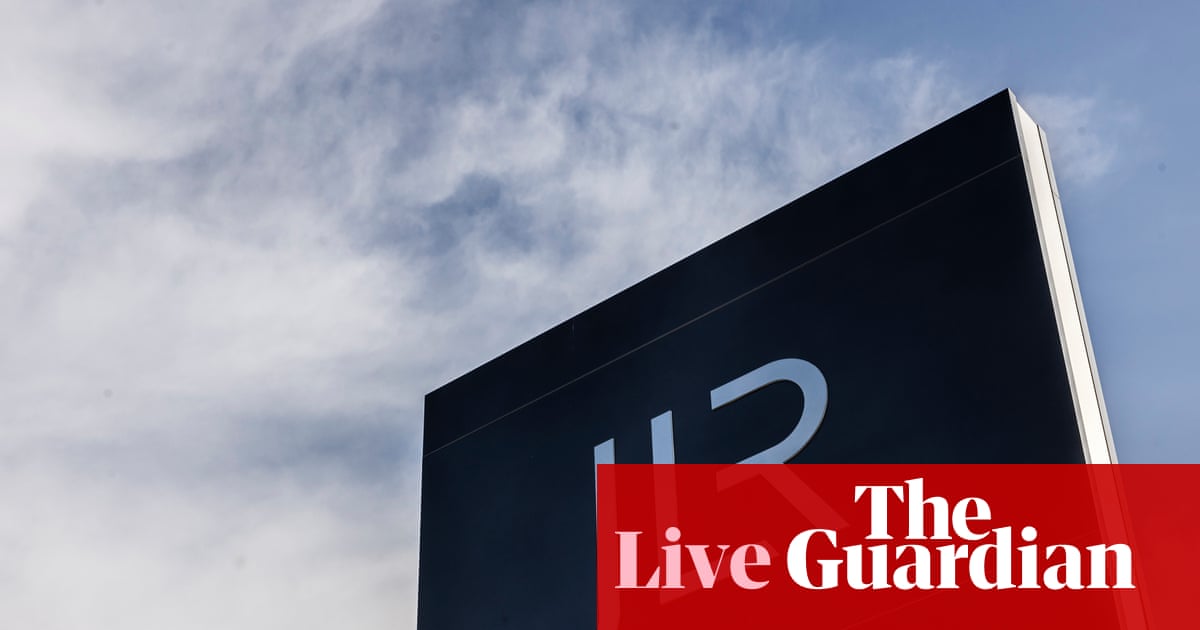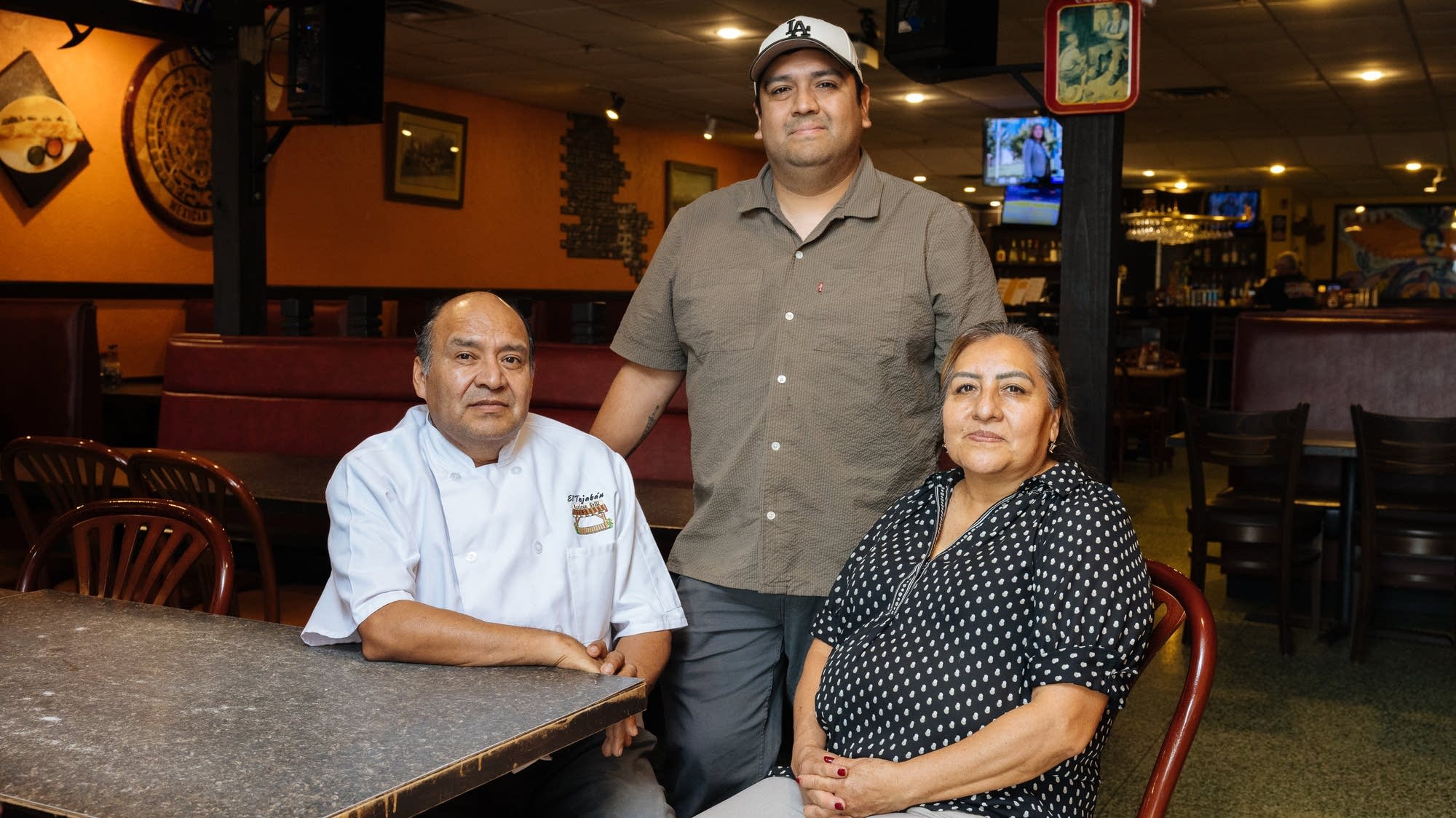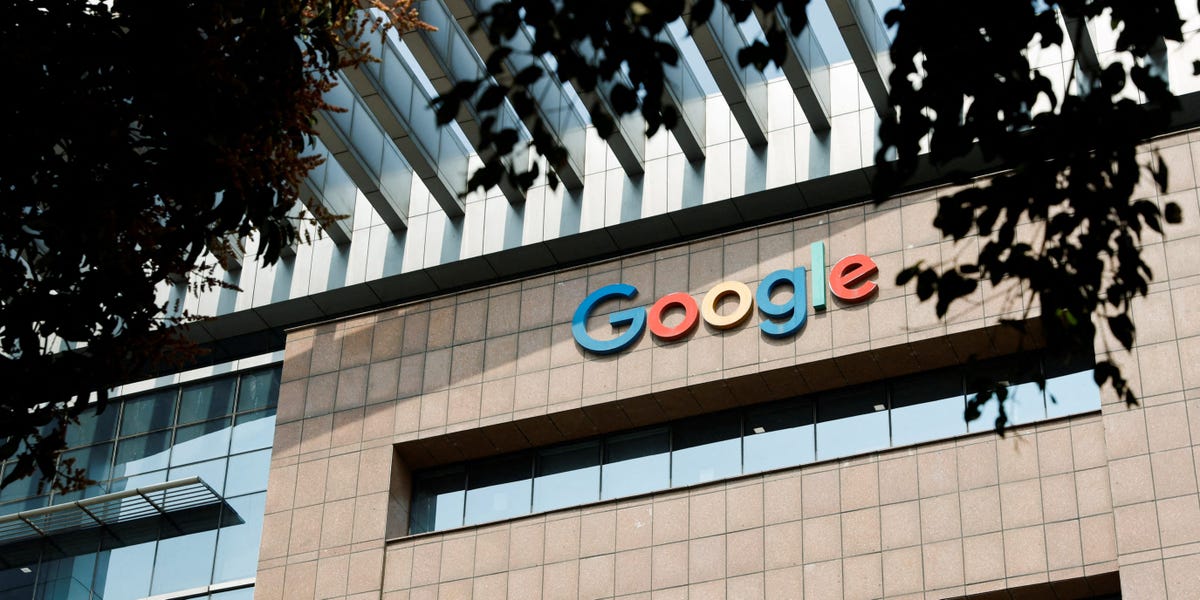JLR announces some manufacturing will restart tomorrow after cyber-attack
Newsflash: Jaguar Land Rover has announced that the phased restart of car manufacturing will begin tomomorrow after the cyber-attack which disrupted its operations for the last month.
JLR says operations will restart tomorrow at its Electric Propulsion Manufacturing Centre (EPMC), where the company builds engines, and its Battery Assembly Centre (BAC), both in the West Midlands.
The company adds that staff will begin to return on Wednesday to the company’s stamping operations in Castle Bromwich, Halewood and Solihull, UK, and other key areas of its Solihull vehicle production plant, such as its body shop, paint shop and its Logistics Operations Centre (LOC).
The Guardian reported last night that some JLR factory workers had returned to work, as the company attempts to restart production five weeks after the cyber-attack forced the company to shut down key systems, from vehicle design software, the flow of millions of parts, manufacturing and sales.
JLR says tomorrow’s restart will be “closely followed” by vehicle manufacturing in Nitra, Slovakia.
It also plans to restart Range Rover and Range Rover Sport (MLA) production lines in the Solihull facility later this week.
But we don’t, yet, have a restart date for JLR’s Halewood plant on Merseyside.
Further updates on the next steps of the controlled, phased restart will follow, including for Halewood, the company says.
Key events
JLR pledges to pay suppliers quicker
JLR has also announced it is “fast‑tracking” a new financing scheme that will provide qualifying JLR suppliers with cash‑up‑front during the production restart phase.
Under this scheme, qualifying JLR suppliers will be paid much faster than under their standard payment terms, the carmaker pledges.
That should help with suppliers’ cashflow in the near term, helping them through a highly disruptive period after JLR shuttered its manufacturing more than a month ago.
JLR explains that the scheme will begin with suppliers who are critical to the restart of production, but will then be expanded.
The company explains:
Working with a banking partner, this short‑term financing scheme means qualifying JLR suppliers will receive a majority prepayment shortly after the point of order and a final true‑up payment on receipt of invoice. JLR’s typical supplier payment terms are 60‑days post invoice, so this scheme accelerates payments by as much as 120 days. JLR will reimburse the financing costs for those JLR suppliers who use the scheme during the restart phase, as the company returns to full production.
This move follows steps taken by JLR during September to prudently bolster its liquidity, following the interruption to business since the cyber incident.
JLR announces some manufacturing will restart tomorrow after cyber-attack
Newsflash: Jaguar Land Rover has announced that the phased restart of car manufacturing will begin tomomorrow after the cyber-attack which disrupted its operations for the last month.
JLR says operations will restart tomorrow at its Electric Propulsion Manufacturing Centre (EPMC), where the company builds engines, and its Battery Assembly Centre (BAC), both in the West Midlands.
The company adds that staff will begin to return on Wednesday to the company’s stamping operations in Castle Bromwich, Halewood and Solihull, UK, and other key areas of its Solihull vehicle production plant, such as its body shop, paint shop and its Logistics Operations Centre (LOC).
The Guardian reported last night that some JLR factory workers had returned to work, as the company attempts to restart production five weeks after the cyber-attack forced the company to shut down key systems, from vehicle design software, the flow of millions of parts, manufacturing and sales.
JLR says tomorrow’s restart will be “closely followed” by vehicle manufacturing in Nitra, Slovakia.
It also plans to restart Range Rover and Range Rover Sport (MLA) production lines in the Solihull facility later this week.
But we don’t, yet, have a restart date for JLR’s Halewood plant on Merseyside.
Further updates on the next steps of the controlled, phased restart will follow, including for Halewood, the company says.
German industrial orders drop again
In another blow to European industry, German factories have been hit by a drop in orders.
Industrial orders in Europe’s largest economy fell by 0.8% in August, statistics office Destatis has reported, mainly due to a sharp drop in orders in the automotive industry, for data processing equipment, electronic and optical products, and for pharmaceuticals.
That followed a 2.7% month-on-month plunge in July.
Carsten Brzeski, ING’s global head of macro, warns that Germany’s industrial slump is not about to end any time soon.
Brzeski explains:
While foreign orders surged until May and then collapsed, domestic orders remained subdued until July but staged a strong increase in August. The story behind this divergence is clearly the front-loading of exports to the US, but also the ongoing structural weakness of German industry.
In a very disappointing report, the increase in domestic orders in August remains a small piece of hope, suggesting that the announced large-scale investments into infrastructure and defence could start to find their way into German industrial companies’ order books.
Jim Ratcliffe’s chemical plant announces 60 job cuts
Sir Jim Ratcliffe’s chemical company, Ineos, is cutting a fifth of jobs at its Hull chemical plant, blaming net zero rules, high energy costs and competition from overseas.
Ineos blamed anti-competitive trade practices for its decision to cut 60 skilled jobs. It warns the cuts are part of a structural crisis in the industry, and that the UK and Europe are “sleepwalking into deindustrialisation”.
The Hull plant is Europe’s largest producer of acetic acid, acetic anhydride and ethyl acetate. Ineos says the job losses are “a direct result of sky-high energy costs and anti-competitive trade practices”, claiming that importers are dumping their product into the UK and European markets.
Ineos argues that “dirt-cheap carbon-heavy imports from China” are “flooding the market” after being blocked from entering the US by tariffs.
David Brooks, CEO of INEOS Acetyls, says:
“This is a very difficult time
for everyone at the Hull facility. We have a leading-edge, efficient and well-invested site and the team here is highly skilled, professional, and dedicated.Making the decision to cut 60 roles was not taken lightly. We have explored every possible alternative but in the face of sustained pressure from energy costs, combined with unfairly low-cost imports into the UK and Europe, we’ve been left with no other choice.
Our priority now is to support those affected and protect the long-term future of the site.”
Yesterday, Ineos announced the closure of two production units in Rheinberg, Germany, with the loss of 175 jobs. It said the closures were “the direct result of crippling energy and carbon costs, and a lack of tariff protection”.
UK house prices: what the experts say
The slowdown in UK house prices over the last year shows the market is “ticking over, but far from buoyant,” says Martin Beck, chief economist at WPI Strategy, who explains:
Overall, house prices have held up better than expected in the face of higher interest rates, economic turbulence and shifting stamp duty rules, but signs of strain may be emerging.
“Mortgage rates, though below last year’s peak, look set to settle around 4% for the foreseeable future – well above the norm of the last 15 years. Rising property prices are also offsetting the gains from cheaper borrowing, keeping affordability stretched. And with November’s Budget approaching, the threat of new property taxes could dampen demand, even if tighter fiscal policy leads to earlier BoE rate cuts.
Tom Bill, head of UK residential research at Knight Frank, points to caution creeping into the housing market ahead of the budget in November:
“Sellers are getting the message that house prices are under pressure due to higher levels of supply and a creeping mood of caution as November’s Budget approaches. Stable mortgage rates have supported demand but we believe prices will continue to dip modestly before ending the year broadly flat.”
The 0.3% drop in UK house prices last month reflects the ongoing pressure on the housing market from higher borrowing costs, economic uncertainty, and affordability constraints, says Nathan Emerson, CEO of Propertymark, adding:
While price declines may raise concerns among homeowners and sellers, they also present opportunities, particularly for first-time buyers who have struggled with stretched affordability in recent years.
“A cooling in prices is not unexpected given the current economic backdrop and should be viewed in the context of the significant gains seen over the past few years.
“As we look ahead, the key to restoring momentum lies in improving market confidence, whether through interest rate stability, better mortgage accessibility, or policy measures that ease the transaction process.
UK house prices growth weakest since April 2024
UK house price growth has slowed to its weakest rate in almost 18 months, on an annual basis.
Halifax has reported that over the past 12 months prices have grown by +1.3%, the slowest annual rate since April 2024.
In September alone, it says, prices dipped by 0.3%, leaving the average home now costing £298,184.
Amanda Bryden, head of mortgages at Halifax, said:
“This slight monthly dip in house prices reflects a housing market that has remained broadly stable, prices are up +0.3% since the start of the year.
“It’s also important to remember that prices vary widely depending on characteristics like location and property type. As a result, many homes are available at a cost well below this headline figure. For example, for those looking to take their first step on the property ladder, the typical first-time buyer home costs £236,811, up +1.7% year on year, with pockets of even greater affordability to be found across different regions.
“While affordability remains a challenge, a relatively lower mortgage rate environment and steady wage growth have helped support buyer confidence.
“Although the broader economic outlook remains uncertain, with the affordability picture gradually improving, we continue to expect modest growth through the remainder of the year.”
Introduction: Trump announces new 25% large truck tariff
Good morning, and welcome to our rolling coverage of business, the financial markets and the world economy.
Donald Trump has opened yet another front in his global trade wars, by announcing that new tariffs on trucks imported to the US will begin at the start of next month.
From 1 November, all medium- and heavy-duty trucks imported into the US will face a 25% tariff rate, as the US president escalates his effort to protect U.S. companies from foreign competition.
Posting on his Truth Social site, Trump declared:
“Beginning November 1st, 2025, all Medium and Heavy Duty Trucks coming into the United States from other Countries will be Tariffed at the Rate of 25%.”
The move could have significant impact on truck manufacturers in neighbouring countries. As AXIOS points out, until now foreign trucks manufactured in Mexico could be imported tariff-free if they complied with the U.S.-Mexico-Canada Agreement.
Trump’s announcement comes a day before he hosts Canada’s prime minister, Mark Carney, at the White House.
However… Trump had previously announced a 25% levies on heavy-duty trucks in late September, which didn’t actually come in at the start of this month as expected. This new statement, the FT argues, suggests he is determined to press ahead….
The agenda
-
7am BST: Halifax house price index
-
8am BST: Abta report on state of industry travel trends
-
2pm BST: IMF to release a chapter of its Global Financial Stability Report
-
5.30pm BST: FCA release on consultation released on proposed motor finance scheme. Shell quarterly update (so not the full Q3 results)








